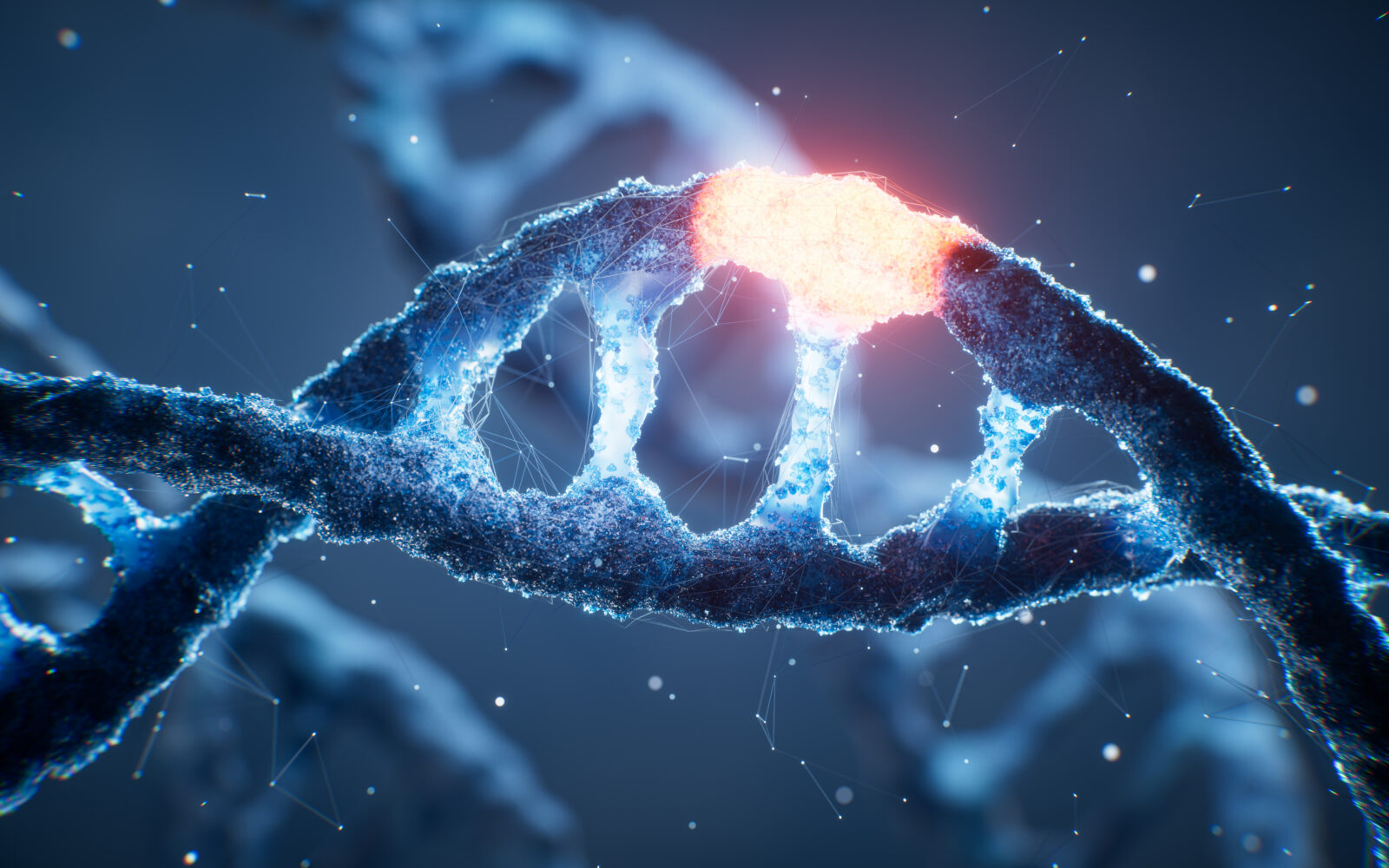

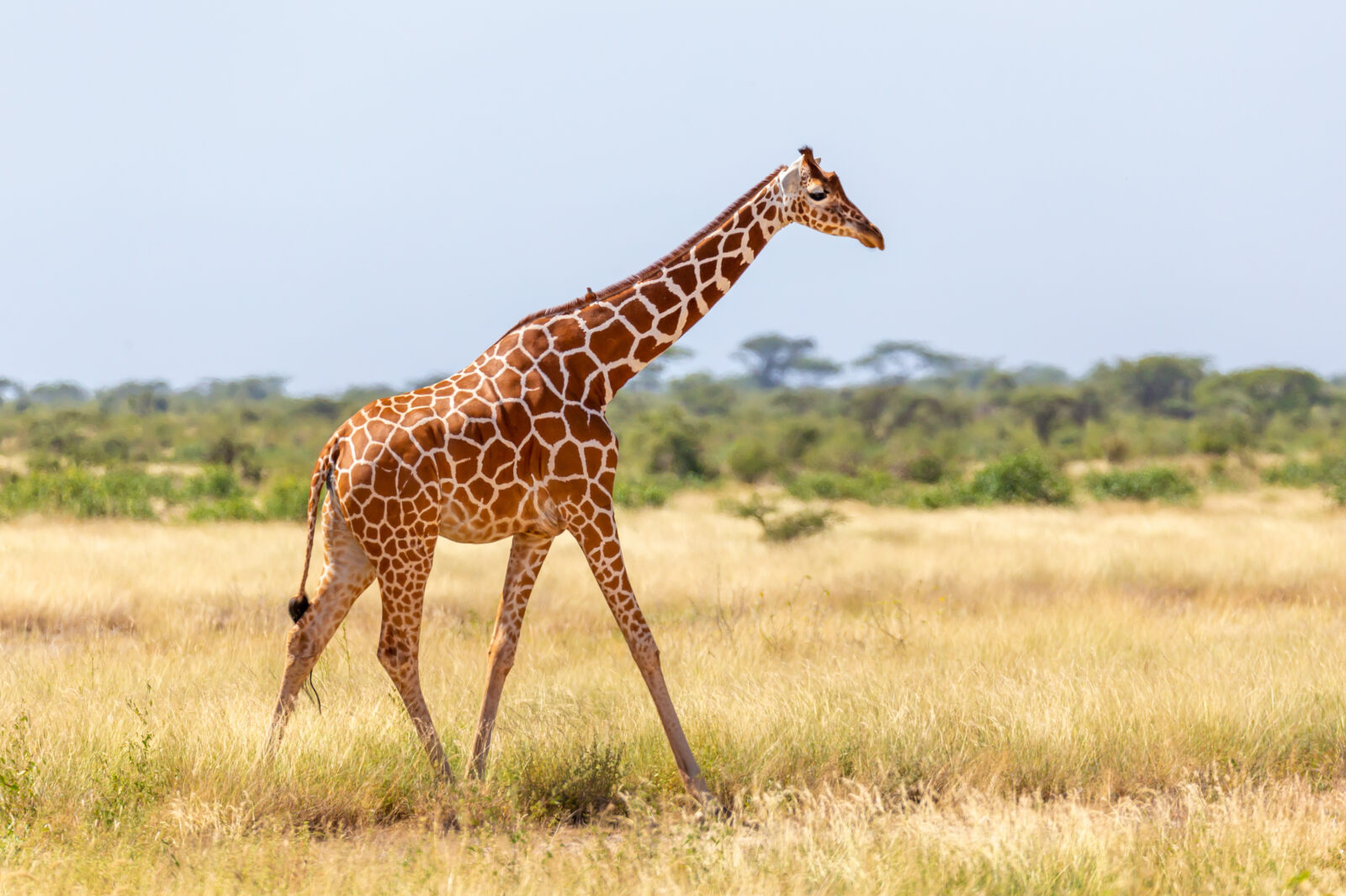
Long Necks and Tall Tales: Why Samotherium Isn’t Missing Link
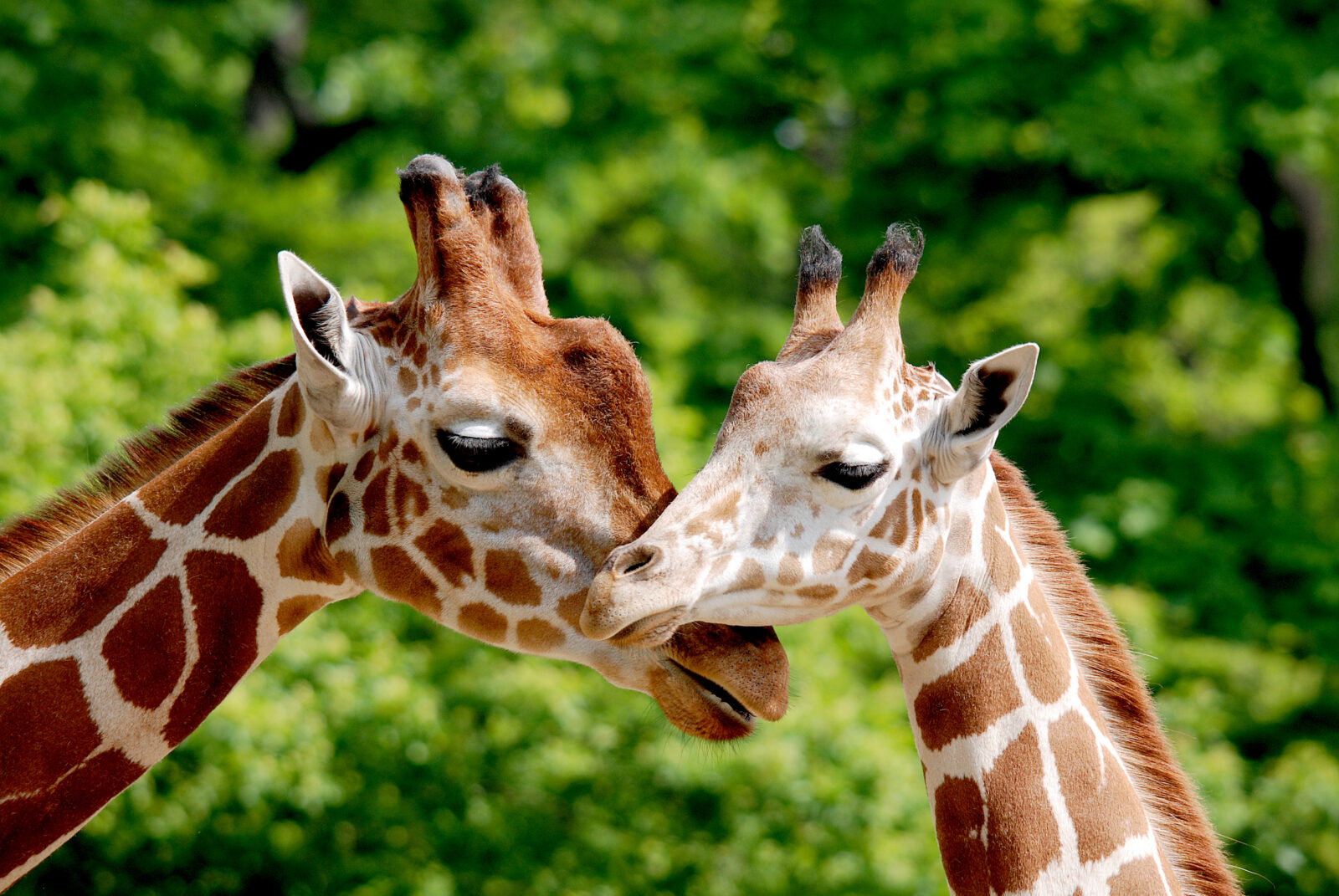
On the Origin of “Tall Blondes”: Correcting the Record on Giraffe Evolution

Melissa Ortiz on the Disability Rights Movement

No Thinking Without a Thinker: Dr. Mihretu Guta on Consciousness

Bioengineer Stuart Burgess Reads From New Book Ultimate Engineering

Rockets & Wristbones: Optimal Engineering in Biology
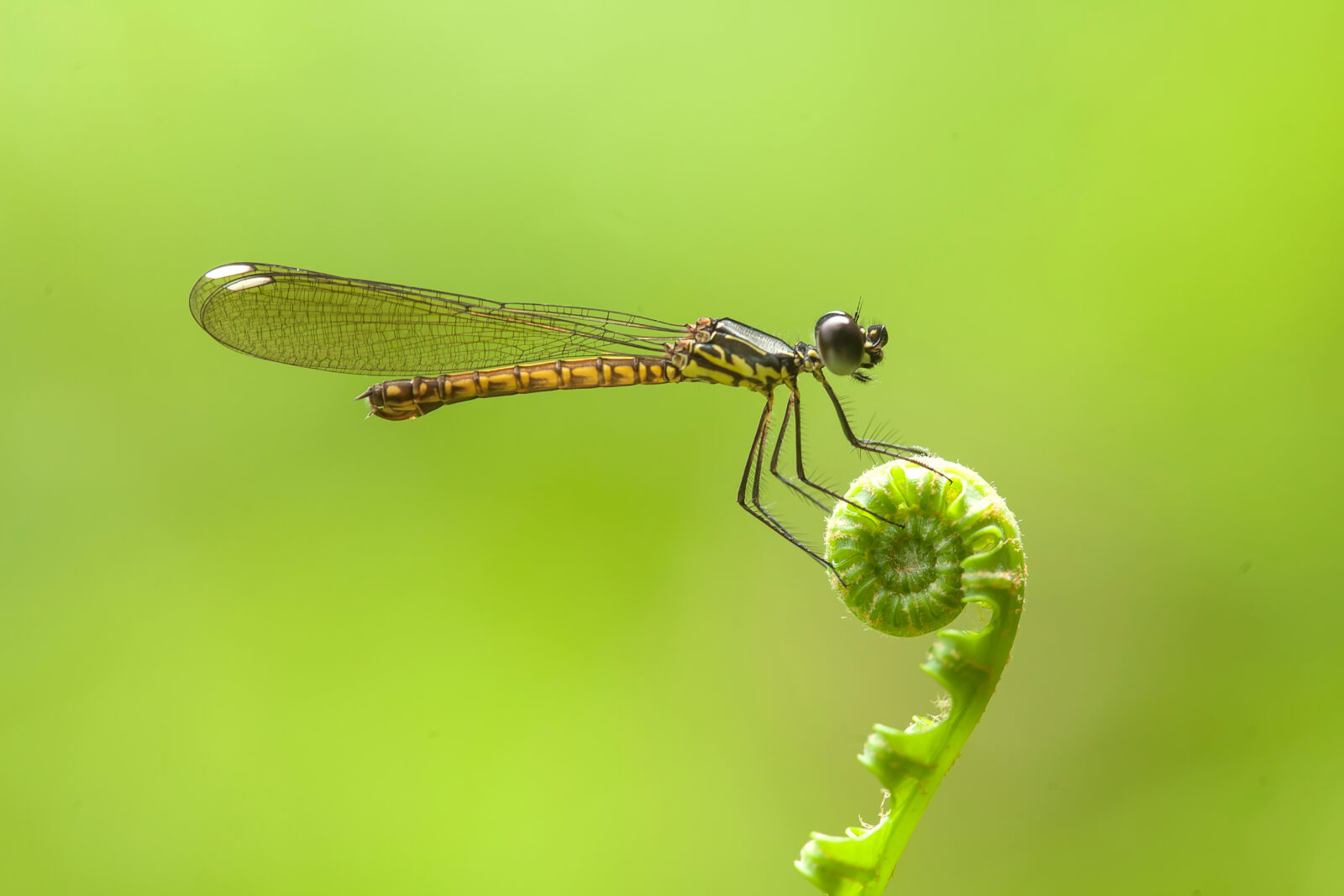
Douglas Axe: Dragonflies, Cookies, and Our Built-In Design Intuition
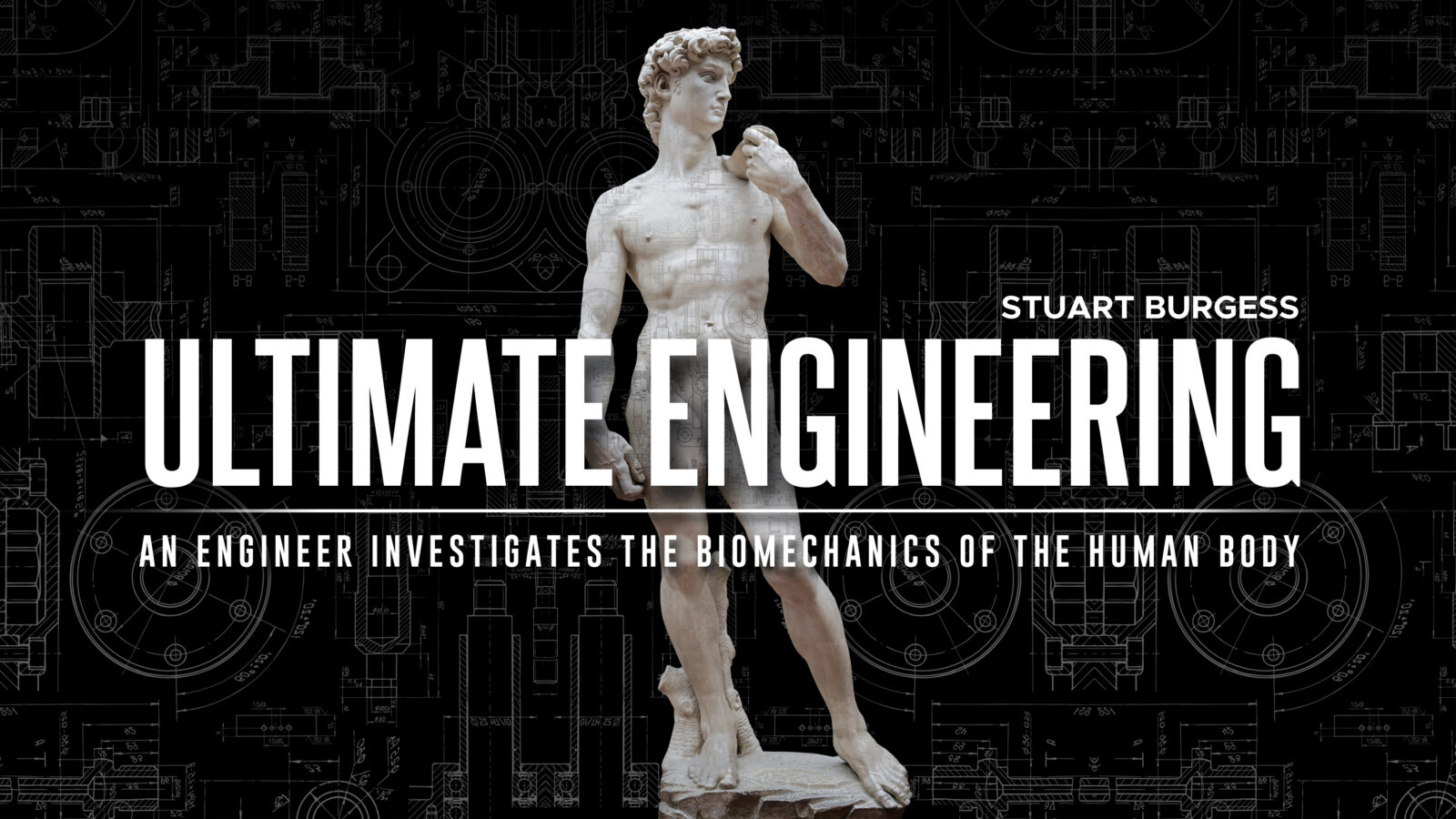
Ultimate Engineering: An Interview with Bioengineer Stuart Burgess
